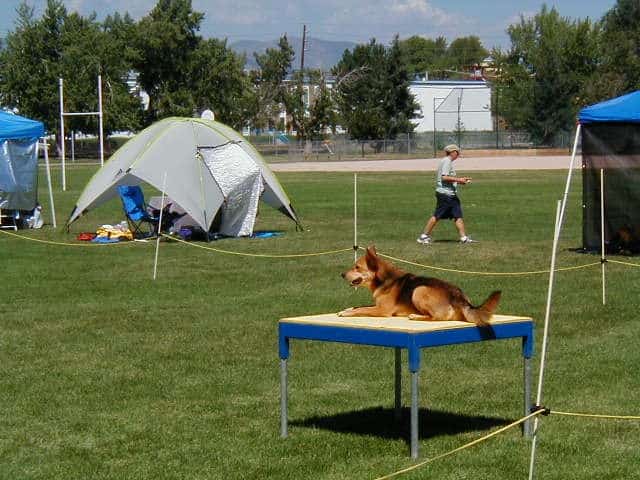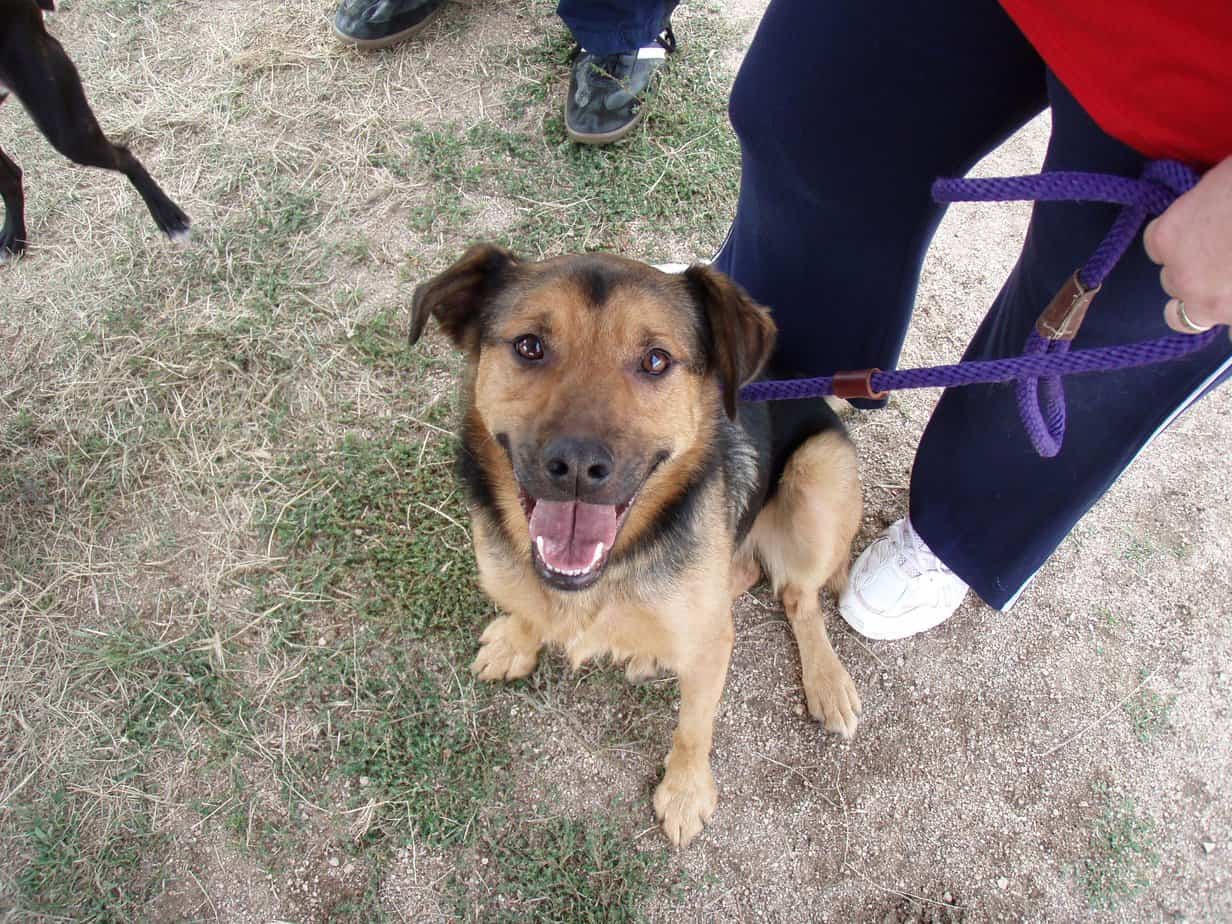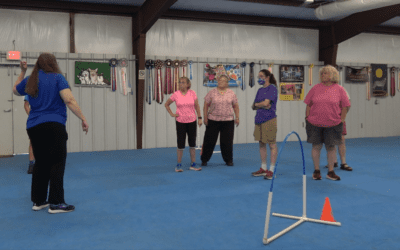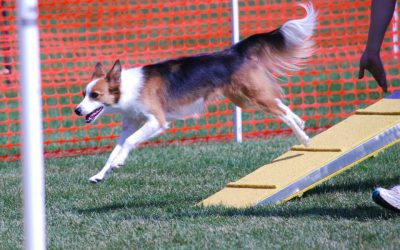Written by Lorrie Reynolds
Categories
What Does Success Mean for a Dog Training Session?
You’ll often hear instructors say “Always end your training session with a successful repetition.” What does that actually mean though? Do you have to keep training until you master the skill you are learning?
Dog Training Doesn’t Always Go as Planned
We’ve all been there. We are working on a skill with our dogs, and things just aren’t going well. Whatever the reason for the roadblock, if you’ve broken down the skill and you still aren’t getting there, it’s important to stop before you or your dog gets frustrated or discouraged. Failure in training isn’t always a bad thing (see the previous article When is Failure a Good Thing in Dog Agility?). Sometimes it can provide more clarity about holes in our foundation or our training process. It is often better to stop and reassess instead of pushing on and damaging our relationship.
What if Your Dog Gets Frustrated or Stressed During Training?
If your dog is showing signs of frustration or stress, you may want to move to a different exercise or take a break from your training session. Frustration or stress can manifest as “inactive” behaviors like leaving to sniff, slowing down significantly, or refusing to move.
Dogs can actively show frustration or stress by barking, spinning, jumping, nipping, getting the “zoomies” or randomly taking obstacles. I’ve seen dogs grab cones and run away, bite at the equipment, or get caught in an “infinite loop” of tunnels. These active behaviors can also be a sign of over-arousal, so take time to assess your dog to determine if he just needs to ramp down, or he is telling you he’s had enough.

Causes of Frustration or Stress During Training
There are a few key causes of training session breakdowns. First, your dog doesn’t understand what you are asking. If your cues aren’t clear, or your body language is conflicted, your dog may struggle to figure out what you want.
Second, you are working above your dog’s current skill level by too wide of a margin. We always want to increase the dog’s skill level, but if you make too big of a jump, it can lead to frustration or stress. A dog who has been working distances of 10 feet can’t suddenly jump to 20 feet and be successful. The repeated failures will tank your training session.

Third, the reward frequency isn’t high enough. If the dog is repeatedly trying to perform, and is not being rewarded for the attempts, it can cause frustration. This can stem from not breaking the behavior down into enough pieces that the dog can gradually increase his understanding, or it can be caused by perfectionism, where he is only getting rewarded for “perfect” repetitions rather than close attempts.
Last, handler timing can cause frustration. If your dog understands what to do, but isn’t getting information soon enough to perform, he can become frustrated by having to repeat behaviors or sequences multiple times. If you are having to frequently redirect your dog, or he is turning back waiting for the next cue, his frustration is likely caused by inadequate direction.
How to End Your Dog Training Session with Success
Once your dog has wandered into overload, frustration, or stress territory, it can be difficult to bring him back. The best thing to do is to take a break from training. I believe it IS important to end on success, but not necessarily the successful repetition of what you were trying to train. Ask your dog for a simple behavior or two, something he already knows, and reward handsomely for his performance. This will end your training on a good note, and give you time to assess what went wrong.
Today’s Tip
End each dog training session with a successful behavior, even if that means asking for something the dog already knows how to do well. When you’re tempted to quit for the day (or just for that session) because you’re having trouble teaching something, make sure to ask for something simple and rewardable before you stop to maintain your dog’s enthusiasm for training.
You Might Also Like…
Should I Use Verbal Cues for Dog Agility?
How important are verbal cues in dog agility? Find out in this article that explains how your dog perceives verbal cues on the agility field.
Five Ways to Crush It at Your Next Dog Agility Seminar
Going to a dog agility training seminar? Check out these five tips to maximize your return on investment!
Read This Before Deciding on Your Agility Dog’s Contact Performance
Which contact performance, running or stopped, is right for your team? The answer might surprise you.
My mission is to inspire people not only to create fantastic relationships with their dogs and have fun during training, but also to understand the foundation principles of dog training so they can become better trainers.
Get tips, stories, discounts, and early notification of events and new courses delivered straight to your inbox! Join the community!




0 Comments